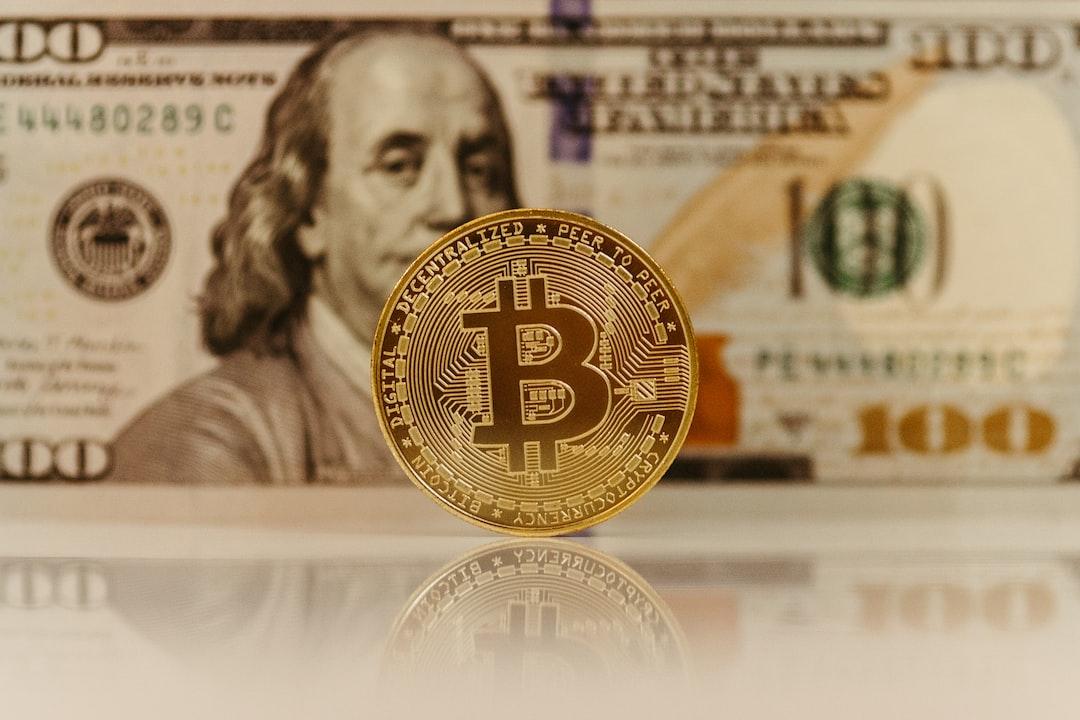Economic Daily News
In response to the chaos and regulatory status of virtual currencies in Taiwan, Associate Professor Yang Yueping from the Department of Law at National Taiwan University believes that the “ACE Elite Exchange incident can be said to have exposed all the regulatory issues of domestic virtual assets.”
Against the backdrop of global attention on the approval of Bitcoin spot ETFs in the United States, Taiwan’s cryptocurrency market has experienced severe turbulence. Just before the approval of the Bitcoin spot ETF in the United States, a major fraud case involving the ACE Elite Exchange, a Taiwanese virtual currency trading platform, shocked the industry and highlighted three major challenges faced by Taiwan’s virtual asset market.
Table of Contents
Toggle
Statement of Compliance and Blank Regulatory Space
Regulatory Vacuum: The Crisis of Taiwan’s Virtual Asset Market
Professor Yang: Self-regulation and listing review by industry players have no binding force
Foreign regulations evolve rapidly, while Taiwan does not even have a single dedicated law
Can regulatory efficiency keep up?
As one of the top three virtual currency trading platforms in Taiwan, the ACE Elite Exchange was originally the preferred choice for many investors. However, recent investigations by the police revealed that the exchange used false advertising to deceive investors into purchasing worthless virtual currencies, involving an amount as high as NT$1 billion. What is even more shocking is that the well-known lawyer and head of ACE, Wang Chenhuan, was arrested in connection with this case. This is not only the first time a business entity in Taiwan with a compliance statement from the Financial Supervisory Commission has been involved in fraud, but it also exposes the deep-rooted problems in Taiwan’s virtual asset market.




Taiwan’s virtual currency market is facing serious challenges. On one hand, international regulations on virtual assets are evolving rapidly, such as the approval of Bitcoin spot ETFs in the United States and the enactment of the Markets in Crypto-Assets Regulation (MiCA) in the European Union. However, Taiwan is still struggling in a regulatory vacuum.
Associate Professor Yang Yueping from National Taiwan University’s Department of Law stated, “The ACE Elite Exchange incident can be said to have exposed all the regulatory issues of domestic virtual assets,” including the fact that there is no regulation for virtual currency issuers unless they issue security token offerings (STOs).
Wen Hongjun, CEO of Biyatech, believes that if the listing standards of stock exchanges were applied to the ACE Elite Exchange incident, many shortcomings would be found in the current situation.
Financial officials also stated that while the flow of fiat currency is easily regulated, once it is converted into virtual currency, it becomes a breakpoint. Traditional financial regulatory methods should be applied to manage issuers, exchanges, and responsible individuals.
Associate Professor Yang Yueping stated that the guidance principles published by the Financial Supervisory Commission require industry associations to self-regulate and establish mechanisms for listing review, but they do not have strong substantive binding force.
The regulation of Taiwan’s virtual asset market is not only lagging behind but also lacks targeted laws to protect investors. The lack of legislative regulations allows the market to be filled with risks, and the case of the ACE Elite Exchange is just the tip of the iceberg among numerous fraud cases.
(
“Is the ‘crypto law’ for the protection of businesses or consumers? Professor Yang Yueping interprets Taiwan’s regulatory path”
)
Experts call for legislation to be enacted as soon as possible to ensure the safety of investors and the healthy development of the market.
(
Taiwan’s virtual currency regulation is tightening: FSC Chairman Huang Tianmu: Results of dedicated law in September
)
Associate Professor Yang Yueping stated that foreign regulations have already discussed the management of virtual assets, but Taiwan is still focused on anti-money laundering and custody, unable to keep up with the trend. For example, the MiCA framework in Europe has already devised comprehensive plans for asset management and consulting.
Foreign regulations have undergone multiple iterations, while Taiwan does not even have a single dedicated law, let alone keeping up with international trends.
Using the example of Bitcoin spot ETFs, domestic entities are not allowed to issue them, which may result in legitimate entities being unable to operate, while unregulated entities can use the name of Bitcoin funds to raise funds, causing a greater gap in investor protection.
Even though the Financial Supervisory Commission has started conducting inspections on virtual asset businesses, without the support of dedicated laws, these efforts may be difficult to have substantial effects.
The lesson learned from the ACE Elite Exchange incident is that relying solely on existing anti-money laundering measures is difficult to cover the increasingly complex regulatory requirements of virtual asset transactions. Taiwan needs a more comprehensive and forward-looking virtual asset regulatory strategy to protect investor interests and promote the healthy development of the industry.
Taiwan’s virtual asset market is at a critical moment, and the ACE Elite Exchange is not only a warning bell but also an opportunity to draw attention to the urgency and importance of virtual asset regulation. As international regulations on virtual assets continue to accelerate, Taiwan urgently needs to catch up to ensure it does not lag behind global development trends.
ACE
Biyatech
Yang Yueping
Wen Hongjun
Elite Exchange


Further reading
ACE Case | Prosecutor initiates the third wave of search operations, 6 people released on bail, 8 people transferred for re-examination by the Taipei District Prosecutors Office
Lawyer Wang Chenhuan turns out to be the head of a fraud syndicate, prosecutors suspect funds are related to Thai lawyers.

